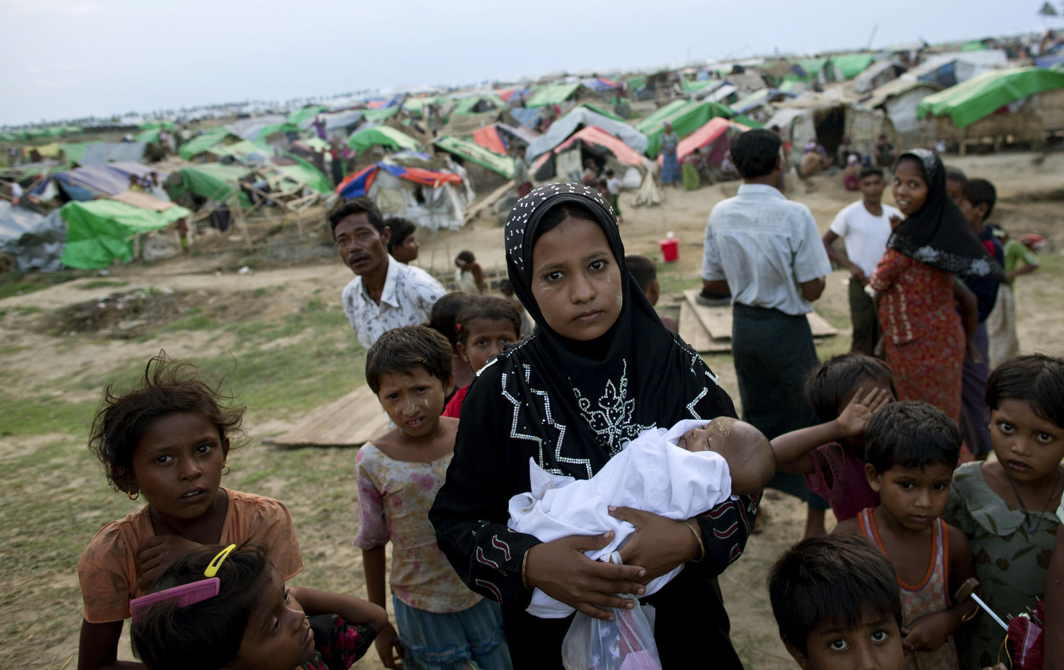India News
SC to decide Rohingya deportation case on “points of law”, not “emotional arguments”

India News
Shashi Tharoor questions Centre over Kerala name change to Keralam
Shashi Tharoor has criticised the Centre’s decision to approve renaming Kerala as Keralam, questioning its impact and pointing to the lack of major projects for the state.
India News
Tamil Nadu potboiler: Now, Sasikala to launch new party ahead of election
Sasikala has announced the launch of a new political party ahead of the Tamil Nadu Assembly elections, positioning herself against AIADMK chief Edappadi K Palaniswami.
India News
As stealth reshapes air combat, India weighs induction of Sukhoi Su-57 jets
India is assessing the possible induction of up to 40 Sukhoi Su-57 fifth-generation fighter jets as stealth becomes central to future air combat strategy.
-

 India News24 hours ago
India News24 hours agoDMK leader’s son arrested after car rams family in Krishnagiri, one dead
-

 India News23 hours ago
India News23 hours agoRSS chief backs nationwide rollout of Uniform Civil Code, cites Uttarakhand model
-

 India News14 hours ago
India News14 hours agoAs stealth reshapes air combat, India weighs induction of Sukhoi Su-57 jets
-

 Cricket news13 hours ago
Cricket news13 hours agoRinku Singh returns home from T20 World Cup camp due to family emergency
-

 India News12 hours ago
India News12 hours agoTamil Nadu potboiler: Now, Sasikala to launch new party ahead of election
-

 Latest world news11 mins ago
Latest world news11 mins agoTrump says tariffs will replace income tax, criticises Supreme Court setback in key address
-

 Latest world news20 mins ago
Latest world news20 mins agoTrump repeats claim of averting India-Pakistan nuclear war during Operation Sindoor
-

 India News1 min ago
India News1 min agoShashi Tharoor questions Centre over Kerala name change to Keralam















